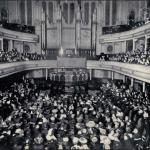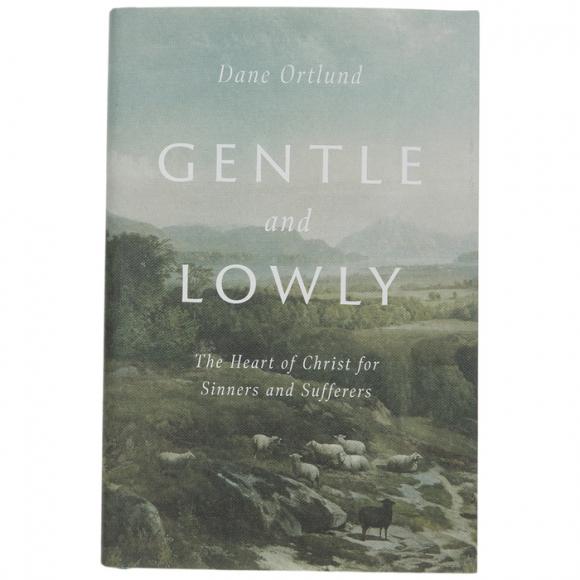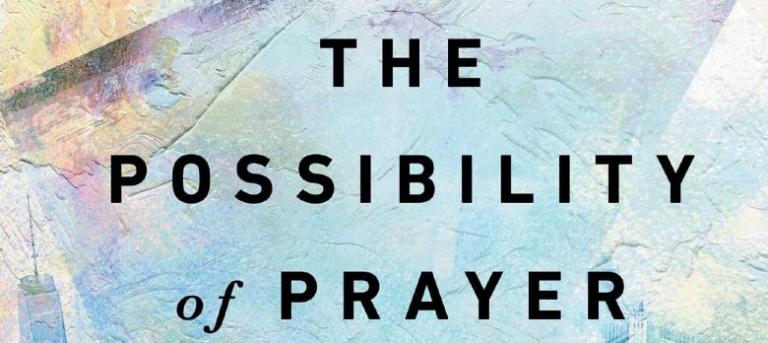 There was a time in my life when I hated to read. My best guess is that I finished five of the many books I was assigned in school. Things turned a corner for me when I became a Christian and started reading the Bible. People started recommending books for me to read and I found these books were challenging the way I read the Bible. Now as a Pastor, I find that reading non-fiction books keeps me sharp intellectually and that reading good fiction keeps me sharp creatively.
There was a time in my life when I hated to read. My best guess is that I finished five of the many books I was assigned in school. Things turned a corner for me when I became a Christian and started reading the Bible. People started recommending books for me to read and I found these books were challenging the way I read the Bible. Now as a Pastor, I find that reading non-fiction books keeps me sharp intellectually and that reading good fiction keeps me sharp creatively.
Sometimes I will hear people ask how they can “find” more time to read. Unfortunately we live under the assumption that there is extra time out there we can discover like a pot of gold at the end of the rainbow. For example, I frequently tell myself I don’t have time to go to the gym, but I’m kidding myself. If getting to the gym were important, I would find a way to prioritize it. The same is true with reading. If growing spiritually and intellectually is important to us, we’ll make the necessary time to put in the work.
Over a decade ago I read John Piper’s Brothers We Are Not Professionals. While I benefited from the entire book, the chapter on reading good books provided a framework for reading that has continued to help me ten years later. Piper advises the following framework for reading, which he quotes from John Stott.
Many will achieve more. But the minimum would amount to this: every day at least one hour; every week one morning, afternoon or evening; every month a full day; every year a week. Set out like this, it sounds very little. Indeed, it is too little. Yet everybody who tries it is surprised to discover how much reading can be done within such a disciplined framework. It tots up to nearly six hundred hours in the course of a year.
Another piece of advice that has helped me organize my reading came from Al Mohler’s “Some Thoughts on the Reading of Books.” He suggests having reading projects across several disciplines. This was good for me because I tend to only read on theology and church life, often ignoring history and good fiction. (I keep saying “good” fiction because there is a lot of terribly written fiction floating around.) This challenged me to start reading fiction and to a purpose behind the fiction I am reading. Lately I’ve been working through Wendell Berry’s Port Williams novels. They have challenged my thinking on community and pace of life while also giving me rich sermon illustration material.
What are some reading tips that have helped you read more and better books?












